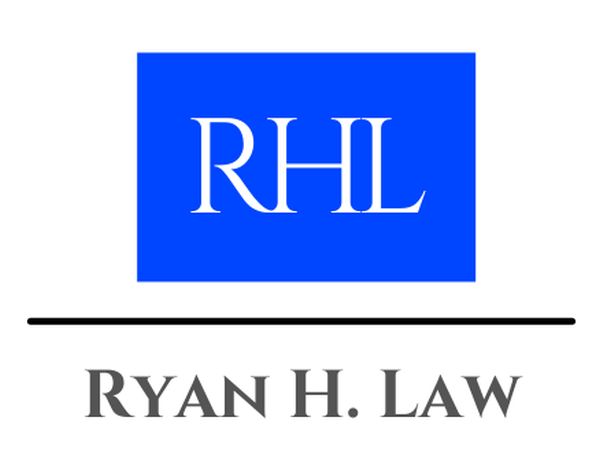
NOTE: This article will be updated as new guidelines or laws are passed about economic support during the Coronavirus pandemic.
NOTE: Updated 4/9/2020 due to the passage of the CARES Act and updated guidelines from the U.S. Department of Education.
There have been some significant developments to the federal student loan program during the pandemic and as a result of the CARES Act, which was signed into law on 3/27/2020. I will continue to update this post as new information is announced.
The CARES Act temporarily suspends payments on the following student loans that are owned by the Department of Education (ED):
- Defaulted and non-defaulted Direct loans
- Defaulted and non-defaulted FFEL loans
- Federal Perkins loans
The automatic suspension does NOT apply to any other student loans, including:
- FFEL loans held by commercial lenders
- Perkins loans held by a school
- Private student loans
The payment suspension lasts from March 13, 2020 until September 30, 2020. In addition to the payment suspension, all covered loans have their interest-rate set to 0% during that same time period.
Questions and Answers about the Payment and Interest Suspension
How can I find out if my loan is owned by ED?
To find out who owns your loans check the website of your servicer or go to StudentAid.gov/login. Either one will list the current owner – if it lists ED or Dept of Education the loan is covered under the payment suspension. In addition, most servicers got their websites updated by early April to reflect a new payment of $0. If you are unsure whether or not your loans qualify, check with your servicer.
Is interest suspended for students in school now as well?
If you have an unsubsidized Direct loan interest will not accrue from March 13 until September 30, 2020.
My loans are in default and my wages are being garnished or my federal tax refunds have been seized. Will my loans qualify for the payment and interest suspension?
Yes, involuntary collection is suspended from March 13 until September 30, 2020 as well. In addition, you can request a refund of any amount that was garnished or taken from your tax refund after March 13. The same is true of any Social Security or Disability payments withheld after March 13. You can check with your servicer or call the ED’s Default Resolution Group at 1-800-621-3115.
Can I continue to make payments during the payment suspension?
Yes, borrowers can make voluntary principal payments during the payment suspension. However, all accrued interest needs to be paid off before payments reduce the principal balance.
I have heard that suspended payments count as payments for forgiveness programs. Is that true and which forgiveness programs are included?
Suspended payments are considered payments for loan forgiveness programs, such as Public Service Loan Forgiveness (PSLF). In addition, payments count towards forgiveness on income-driven repayment plans (IDR).
My loans are in default and I am in the process of rehabilitating them. Should I continue to make payments during the payment suspension?
ED has recently confirmed that the suspended payments will count as on-time payments during the payment suspension period, so there is no need to continue making payments.
Rates on private student loans are low – should I refinance my loans?
Refinancing loans only makes sense if borrowers have a high federal rate and they know for sure they will no be using any of the federal benefits, such as forgiveness, deferment, or forbearance. With 0% interest and no payments for now, though, I would just focus on paying the principal balance down.
My loans don’t qualify for the automatic suspension. Is there anything I can do?
You can always check with your loan servicer and see if they have a payment suspension option for the pandemic. Most likely any payment suspension will not include an interest suspension.
Can I consolidate my FFEL loans and take advantage of the payment and interest suspension?
You can, but consolidating can take 45-60 days, and any accrued interest capitalizes, which means it is added to the principal balance. In addition, it can have an effect on loan forgiveness as well, so you want to make sure you do not consolidate them with Direct loans that are in a forgiveness plan.
If you want help navigating these changes and setting up a student loan plan visit my website https://studentloanplanning.com/.


This is Great news, Ryan thanks for the information and updates.